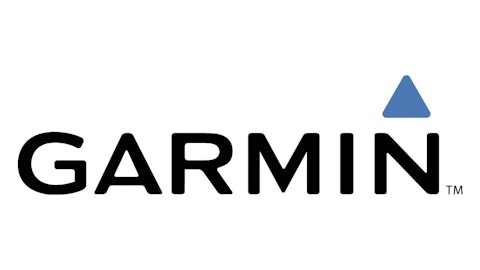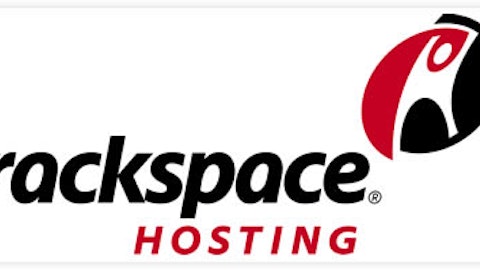Can the third time finally be the charm for webOS? The star-crossed operating system has now seen two commercial failures under two separate corporate umbrellas. It’s time for webOS to find its third home. It’s about time, too, since the platform has needed one since 2011.
A gloomy trip down memory lane
Of course, its first home was Palm, where it was created. Despite being widely regarded as an innovative platform with intuitive gestures, webOS wasn’t enough to save Palm, as its devices failed to deliver where it counts: sales.

Hewlett-Packard Company (NYSE:HPQ) thought it could fare better, and scooped up the company in early 2010 in what may have been the worst deal ever, paying $5.70 per share for a company that many thought was headed to $0. Indeed, HP would soon end up writing off $3.3 billion — more than the initial $1.3 billion acquisition price. That was after ex-CEO Leo Apotheker axed webOS hardware, and about the same time that his replacement CEO Meg Whitman effectively donated it to charity by making it open source.
Pack it up
webOS will now be flying under a South Korean company’s flag, as LG now hopes to give it a shot. The doomed platform is not likely to make its way back into smartphones and tablets of the future, and instead the company is reportedly looking to repurpose it for a new lineup of smart TVs. However, LG didn’t rule out this possibility altogether.
Like most mobile hardware OEMs in this day and age, Android devices of various sorts dominate LG’s smartphone lineup. There were already rumors swirling late last year that LG was looking at using webOS for a smart HDTV, but now LG is taking that a step further and acquiring the webOS division, which will include the source code, documentation, and engineers. The webOS team will join a new research and development lab that LG is setting up in Silicon Valley. HP will keep the webOS cloud services division.
LG had reportedly been contemplating which platform to use for its smart TV push, with the two primary candidates being webOS or Google TV. Not only has Google TV had its fair share of missteps as a platform, but Big G supposedly wanted too much control over the interface and experience of its platform, which was gently nudging LG in the general direction of webOS in the first place.
A new parent
It’s a surprising turn of events for webOS, as there were plenty of potential suitors that were reportedly remotely interested in webOS two years ago. Everyone from e-tail giant Amazon.com, Inc. (NASDAQ:AMZN) to Taiwanese OEM HTC to smartphone fallen angel Research In Motion Ltd (NASDAQ:BBRY) BlackBerry have been named as expressing interest at one point or another. Even International Business Machines Corp. (NYSE:IBM), Oracle Corporation (NASDAQ:ORCL), and Intel Corporation (NASDAQ:INTC) were rumored to be interested in the related patents.





